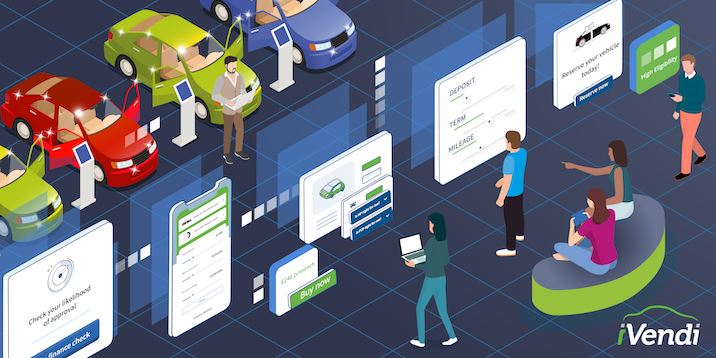James Tew, CEO, said the limitations of systems that imposed an online journey on used car, van and motorcycle retailers and their customers, rather than adapting to what was needed at each specific moment, had hampered sales potential.
“What dealers have required during the last year have been systems that can easily switch between online and showroom sales models as we have moved through successive lockdowns. However, there remains a number who are using what we call ‘online retail 1.0’ systems that do not provide the adaptability required. Essentially, they have a single, linear online sales process, which is fine if it meets your needs and those of your customers but is otherwise potentially a liability.
“Certainly, what we have found produces better results during the last year have been processes that give the customer greater control. For example, they can look at finance products, run some figures in their own time and save the details, go away for a few hours and consider their options.
“Overwhelmingly, during the pandemic, we’ve found that the online process that delivers the best results is this kind of single digital proposition tailored to each individual customer that incorporates all of the key elements of the car purchasing journey.”
Moving forward, James said that iVendi expected dealers to place the lessons they had learnt about online retail during the pandemic right at the heart of their future sales strategies.
“We’re seeing a lot of investment in newer, more flexible technology, and we believe that much of this is because of the frustrations that dealers have been facing when working with their online retail 1.0 systems. It is clear the consensus view is that online technology needs to show greater flexibility in order to maximise effectiveness and, for most retailers, that means moving to newer products.”
